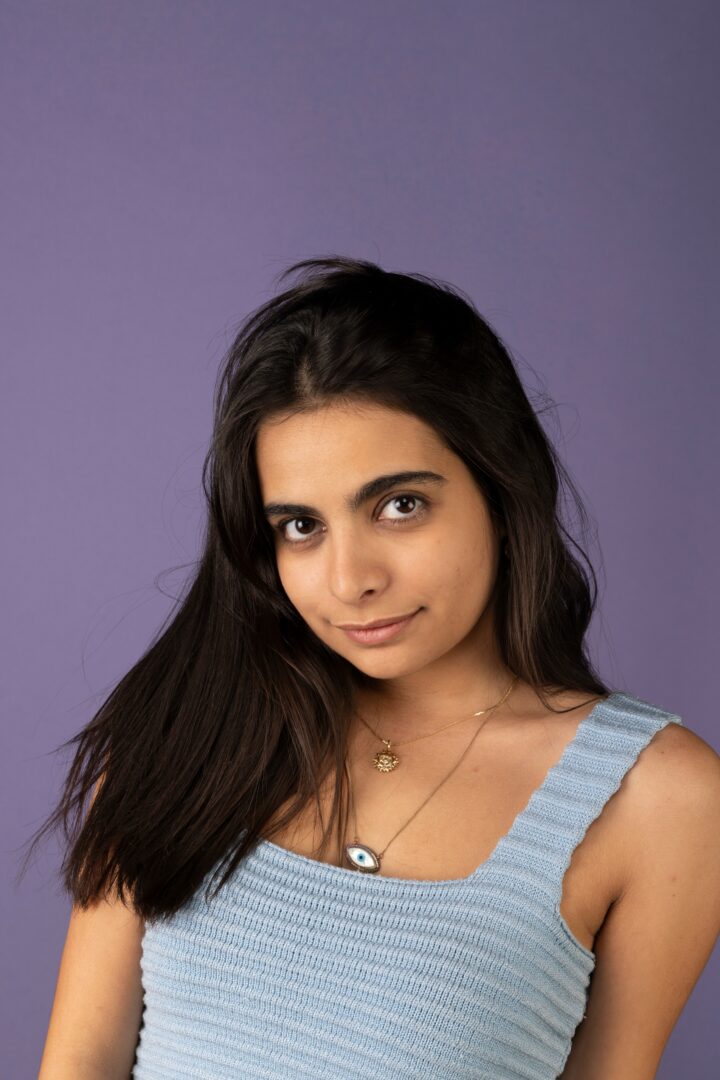We caught up with the brilliant and insightful Sophia Mogames a few weeks ago and have shared our conversation below.
Hi Sophia, appreciate you sitting with us today to share your wisdom with our readers. So, let’s start with resilience – where do you get your resilience from?
My resilience has always been driven by a deep passion for the final project and a clear understanding of the process that brings it to life.
In art school, we’re often told to “trust the process,” but that phrase means more than just following a guide given by your professors. It’s about embracing the journey—finding value in your experiences, and pushing forward as success doesn’t come to those who never struggle but those who face their struggles head-on and overcome them quickly, not letting setbacks derail their course too much.
Having a strong team is very helpful in those times. We support one another, combine our strengths to solve problems, and keep each other motivated creatively.
And when you’re working on something you’re truly passionate about, something you believe in, resilience comes naturally. It’s easier to keep going because, deep down, you’re doing something that matters to you, despite the tribulations.
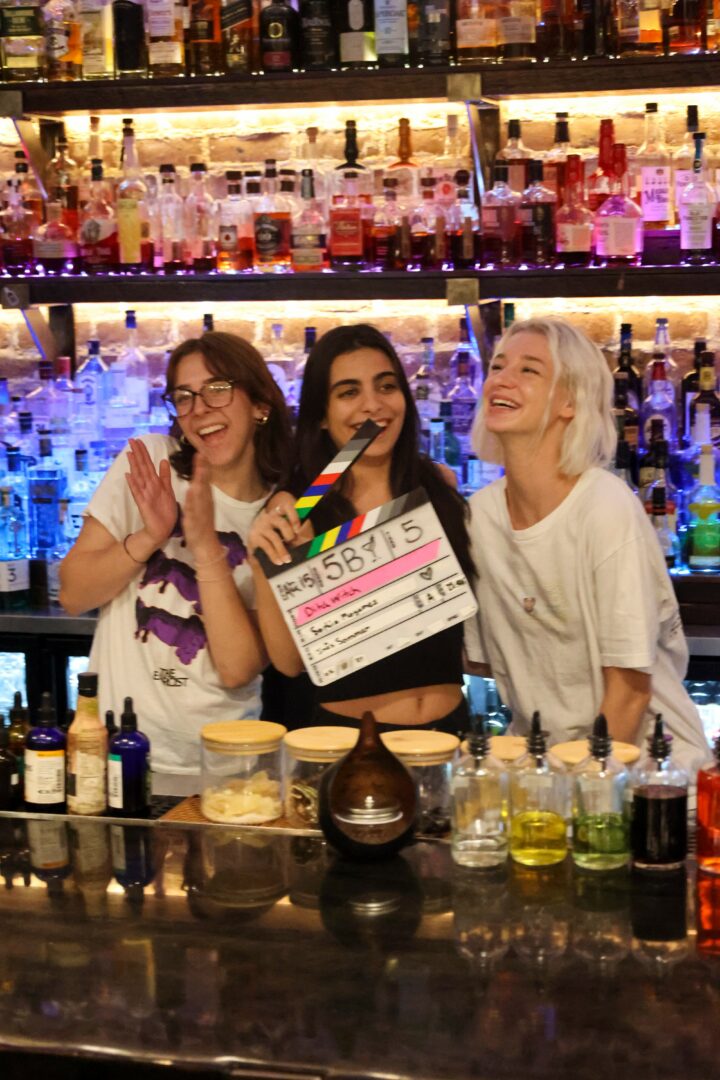
Appreciate the insights and wisdom. Before we dig deeper and ask you about the skills that matter and more, maybe you can tell our readers about yourself?
My name is Sophia Mogames, and I’m a filmmaker from São Paulo, Brazil. I recently graduated summa cum laude from the Savannah College of Art and Design (SCAD) with a BFA in Film and Television and a minor in Advertising and Branding. While at SCAD, I had the chance to study in France, where I directed an award-winning documentary about textile artist Alyiah Salmon. I also gained hands-on experience during a summer internship at Capuri, a production company in São Paulo.
Storytelling has been a passion of mine since my childhood. My parents would read me bedtime stories and even make up their own, which would provoke my imagination from a very young age. I’d create sequels for my favorite shows and movies, always involving my twin brother for reenactments. As I grew older, reading and my theater classes became a way for me to dive deeper into different stories, which later helped me develop the skills needed to direct actors and scenes with more understanding.
This love for storytelling naturally expanded into advertising as I discovered the power of delivering impactful messages in a simple, concise way. I’ve always believed that “simplicity is the highest form of luxury,” and it’s a philosophy I try to carry into my creative work – I love to find the genius in minimalism.
Since graduating, I’ve been rediscovering myself artistically. Still connected with great friends from college, as we are producing a documentary together though remotely, and focusing on my podcast, where my best friend from home and I discuss issues many young girls face, offering a relatable space for Brazilian and Portuguese speakers to connect through shared experiences and thought-provoking topics.
Through all of this, I realized that a lot of my life decisions were rooted in my passion for traveling and learning from new cultures. I believe the beauty of storytelling lies in its universality; no matter how specific a story may seem, it has the power to connect us all.
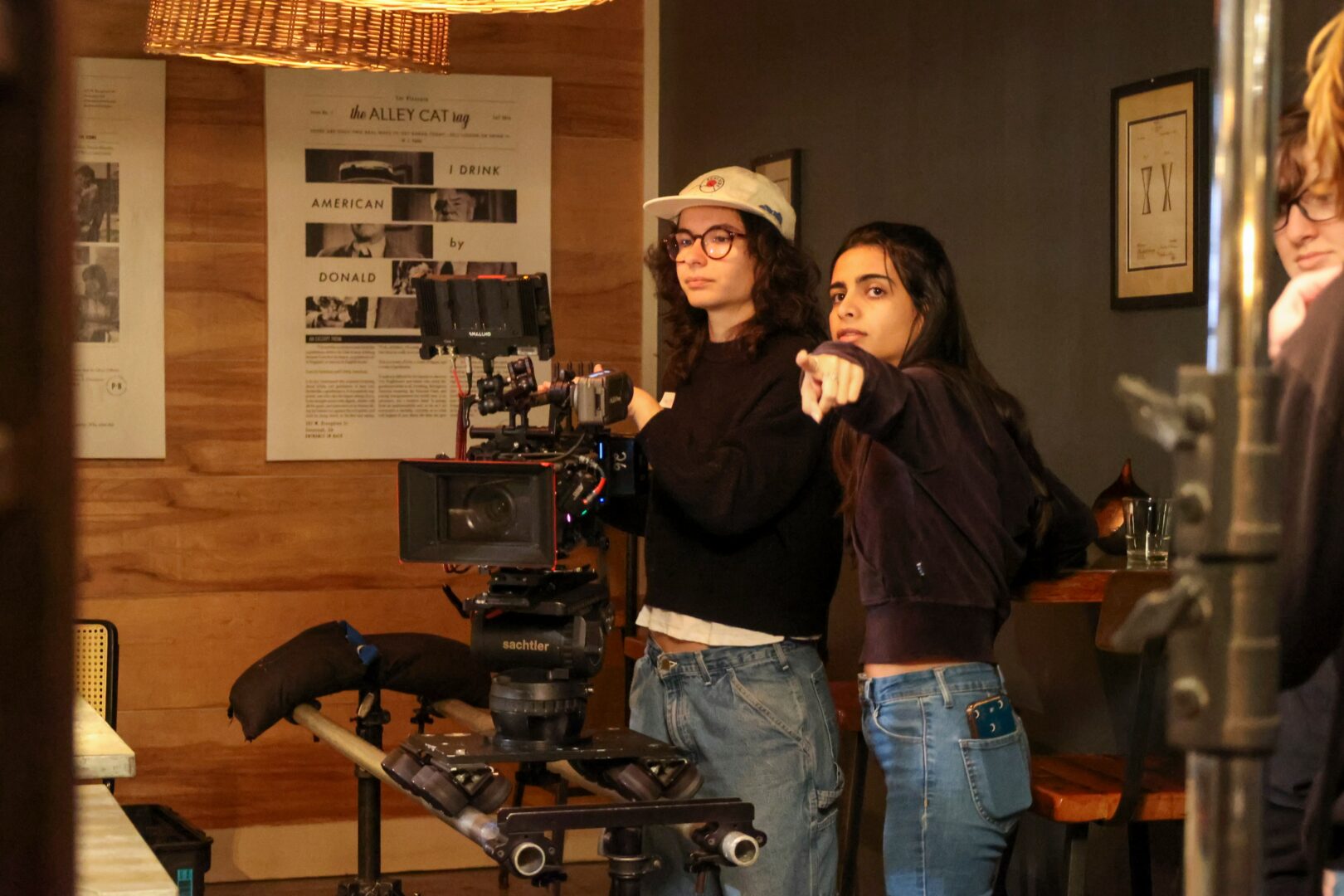
Looking back, what do you think were the three qualities, skills, or areas of knowledge that were most impactful in your journey? What advice do you have for folks who are early in their journey in terms of how they can best develop or improve on these?
Three key skills that have impacted my journey as a filmmaker are strong storytelling, team building, and selling ideas.
First and foremost, learning how to tell a compelling story. A solid script is the foundation of any successful project – a captivating concept, well-written dialogue, and a clear structure.
Building a great team is equally important. Filmmaking is a collaborative effort, and it’s essential to know how to delegate tasks to the right people. You need a group that works well together and is committed to giving their best to the project.
Additionally, knowing how to sell your idea is key – advertising knowledge can help you with that. When people understand and believe in your vision, they’re more likely to support your project and give their 100%. It’s important to convey why your story should be told and why you’re the right person to tell it, even if you’re not the most qualified. Your unique perspective can make all the difference!
As for advice, much of this knowledge comes from experience, which often involves trial and error – and that’s why school is a great space to gain experience. I recommend actively studying stories. Watch films with a notepad to analyze story arcs and understand the reasoning behind plot developments. Learning the rules of storytelling helps you know how to break them creatively.
Finally, from my podcast experience, I’ve learned that the challenges you face are likely shared by others. Many of my podcast episodes begin with conversations about our common experiences. This reflects the idea that “the specific is universal.” While it’s important to write from what you know, it’s even more valuable to write from your feelings and daily life. Art is born from our emotions, and while focusing on the details is essential, keeping the bigger picture in mind is equally important.
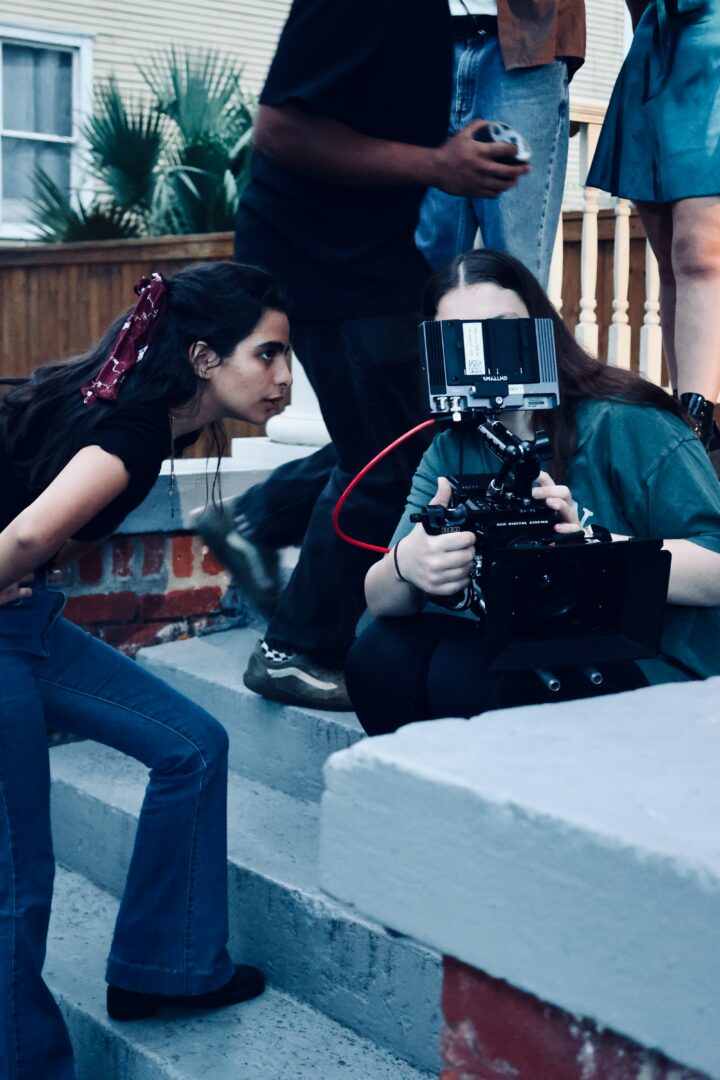
All the wisdom you’ve shared today is sincerely appreciated. Before we go, can you tell us about the main challenge you are currently facing?
As a recent graduate moving back to my home country, I’m figuring out my identity and artistic voice outside of school. Transitioning from being a student, where my projects were guided by professors and the school structure, with help from my close friends and peers, to relying solely on myself has been tough. I’m also feeling the pressure to balance making a living with following my creative passions, which can be overwhelming in an industry that isn’t always easy to navigate.
To tackle this challenge, I’m reconnecting with old hobbies and things that used to inspire me. I’ve started writing down ideas and working on personal projects to help me feel like myself again. I’m also reaching out to people in the film and advertising industry and those I admire to learn from their experiences. Besides, I’m researching projects that I find interesting, which helps me clarify my path and understand different directions. Through these steps, I’m hoping to find a way to balance my creative goals with ‘real’ adult life after graduation.
Contact Info:
- Website: https://readymag.website/u764504851/SophiaMogames/
- Instagram: https://www.instagram.com/sophiamogames/
- Linkedin: https://www.linkedin.com/in/sophia-mogames2002/
- Youtube: https://www.youtube.com/@sophiamogames
- Other: Podcast: https://open.spotify.com/show/3Tuj0GpqQYxD98A9lm7VAX?si=a78dc9c645df494c
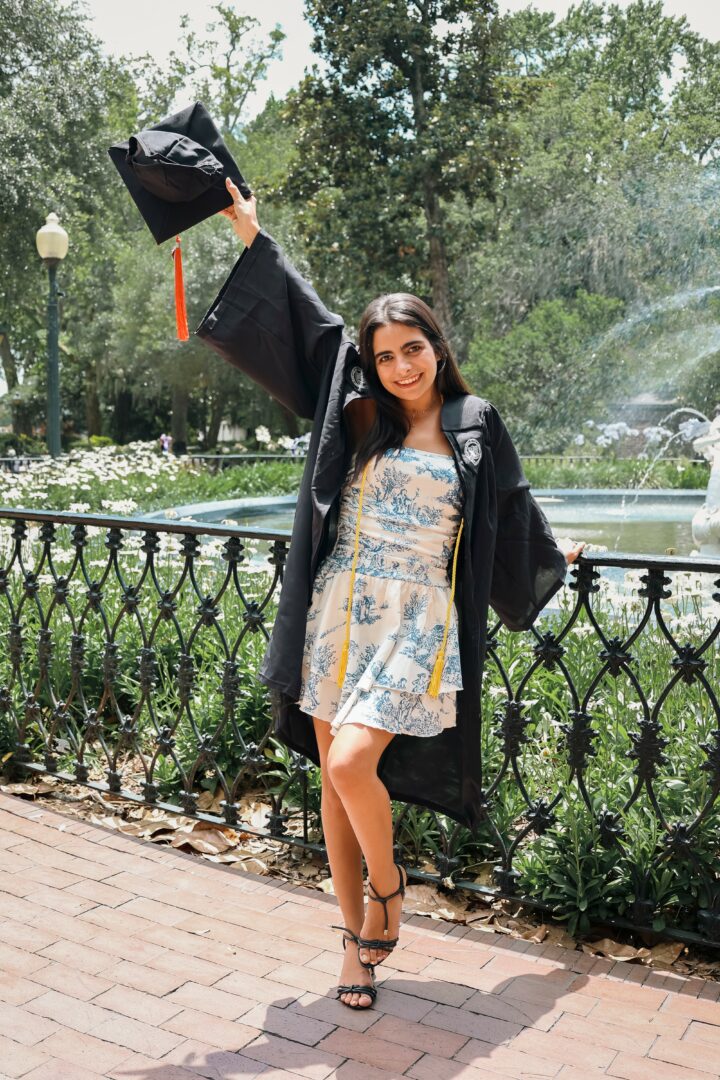
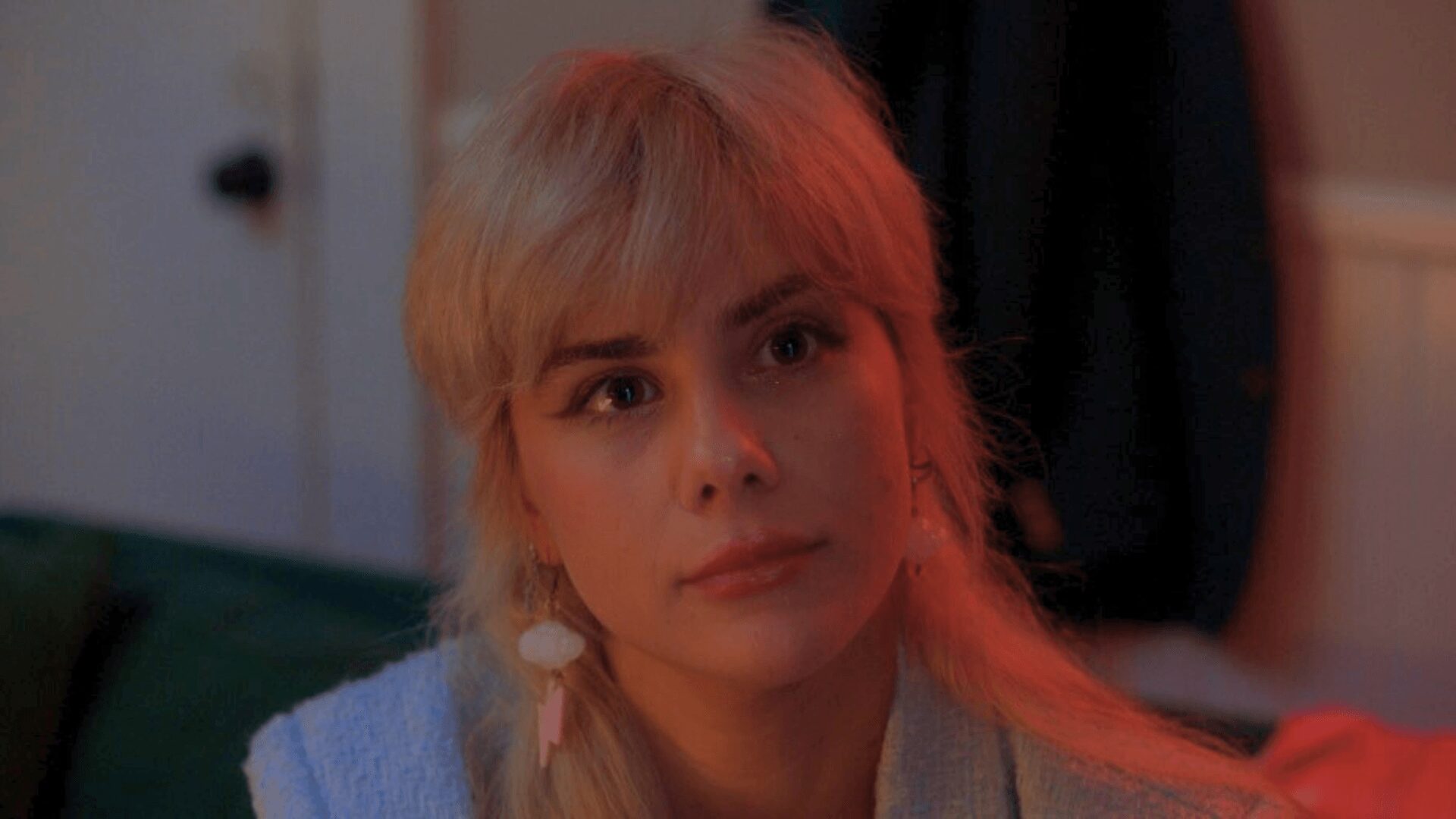
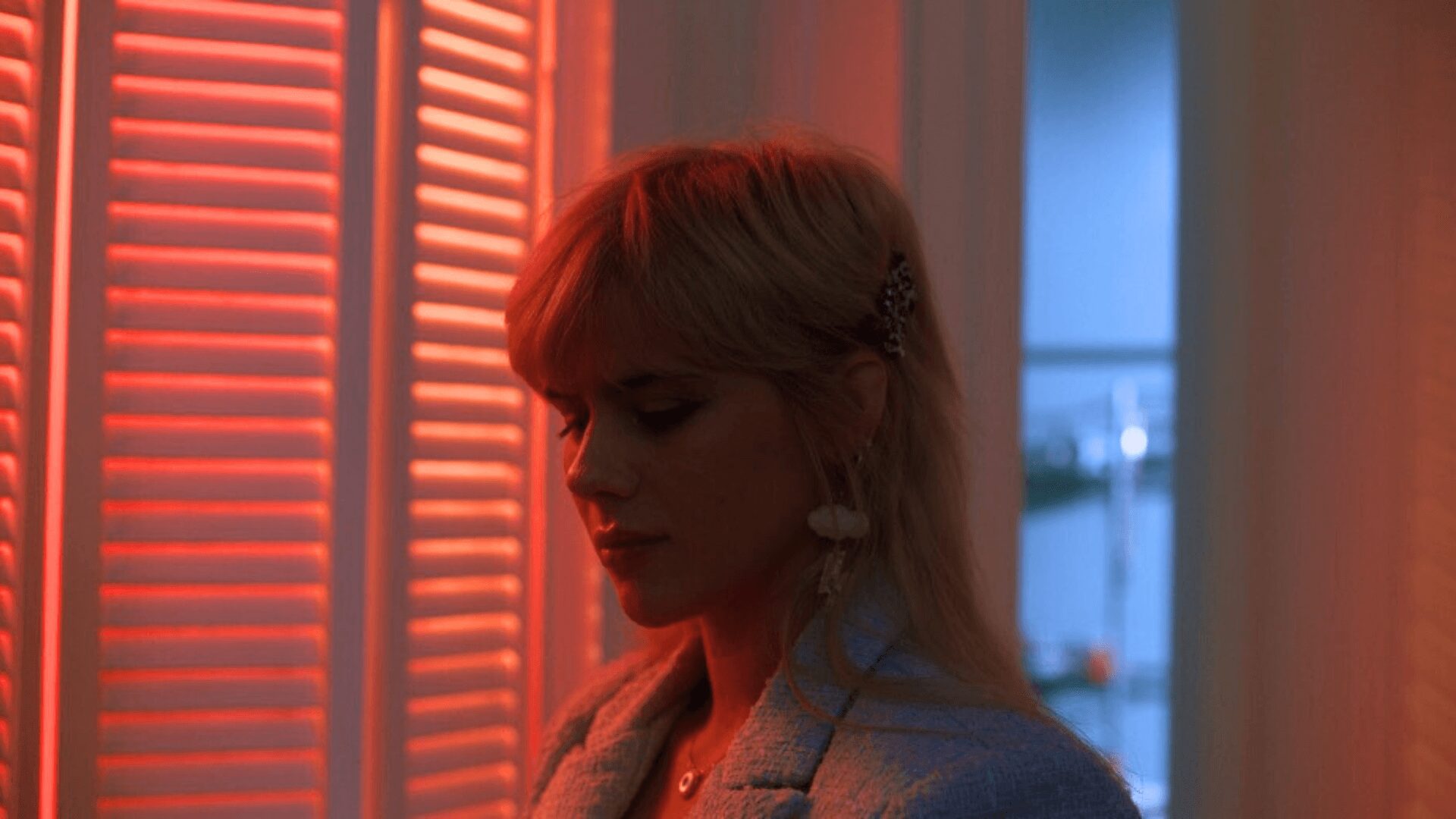
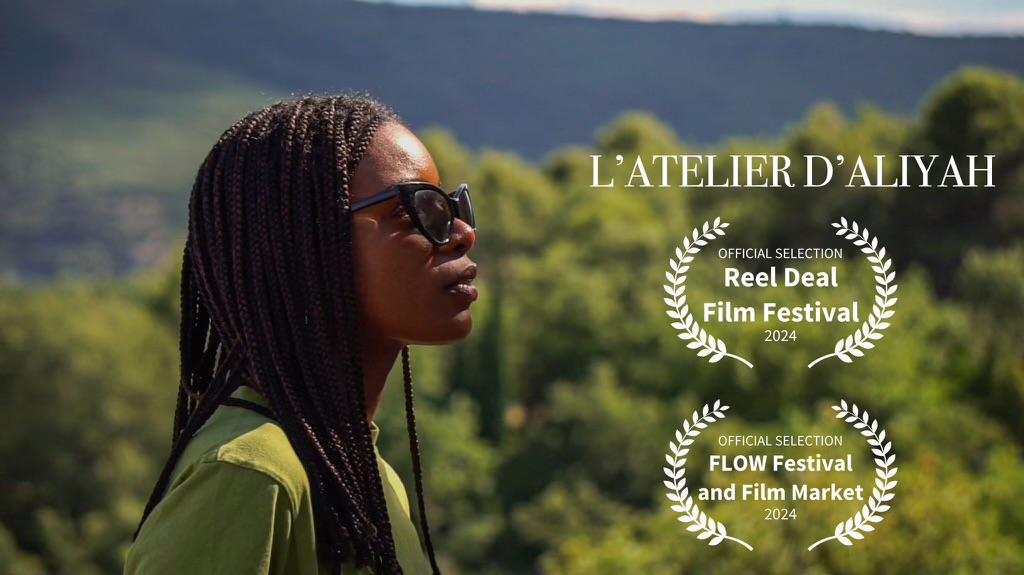
Image Credits
Cristina Piland – Headshot
Caitlin Sellman – BTS / Graduation
Inês Sommer – Stills
Megan Mullen – L’Atelier D’Aliyah
so if you or someone you know deserves recognition please let us know here.

